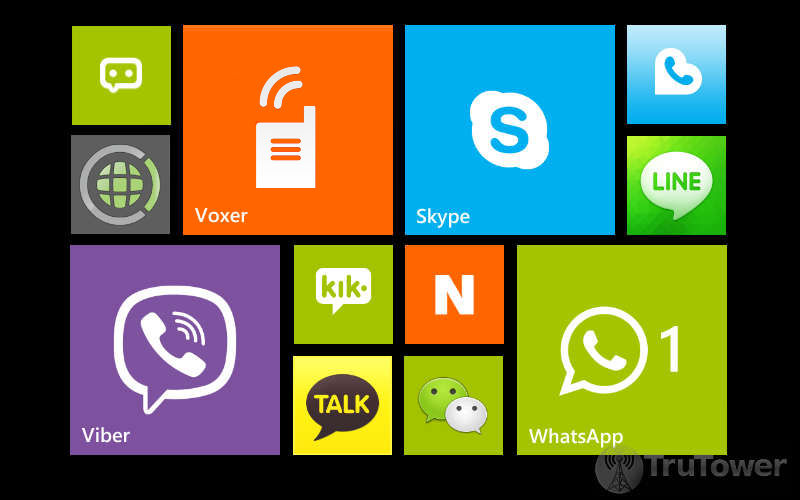There’s no question that the announced acquisition of WhatsApp by Facebook is going to be one of the top stories this year. With this acquisition, Facebook has a fighting chance to stay relevant in the mobile space and retain its “cool” factor with younger audiences, preventing it from going the route of MySpace and other has-beens of major social networks.
The acquisition gives Facebook a path to a younger audience and highly competitive European and Asian markets
More importantly, it gives Facebook a path to the all-important European and Asian markets that it currently struggles in against Asian competitors like LINE, KakaoTalk, Nimbuzz, and WeChat, not to mention other competitors, including Viber and Tango.
Even in the OTT space, WhatsApp‘s competitors see compelling reasons to be optimistic. We’ve already seen this with Tango, and Voxer (or, rather, Voxer’s CRO Itamar Kandel) also spent some time talking to us about the acquisition.
For Voxer, the acquisition by Facebook “makes sense” as far as the social mobile aspect is concerned and is looked upon as a “watershed moment” in the OTT space, especially when it comes to wireless carriers. For a long time, wireless carriers have looked upon the OTT space (which includes calling, messaging, push to talk and other social apps) as a child would look at a toy. This $19 billion acquisition by Facebook proves the value of the OTT space.
Voxer maintains its focus on the profitable business push to talk market
While very much a part of the space with WhatsApp, Voxer has an entirely different focus, and is as committed to its focus as WhatsApp was (and is) to its focus on consumer messaging.
“[WhatsApp is] by far the best consumer tool for SMS,” Kandel told us. “Our focus is different. Our focus is voice for business needs.”
Voxer is pushing the business side of things to save business money and be a disruptor in the $100 billion global push to talk market. With this approach, Voxer has become the largest push to talk provider for business and currently boasts 80 percent of Fortune 1000 companies using its service.
“Radios and Walkie Talkies are expensive, heavy, clunky and [don’t include] text, picture messaging, and location [like Voxer does]. Voxer puts the push to talk market in today’s age.”
That doesn’t mean Voxer isn’t interested in the consumer as well. Voxer says it’s “charging ahead” with a “robust, busy roadmap” of upcoming improvements and changes; the company is staying focused on growing the revenue side of things to maintain its lead in business.
It goes without saying that mobile is where the future lies; it’s already larger than the desktop space. As the “Year of Instantaneous Voice Communication” progresses, we’ll undoubtedly see more progress here as well, maybe even more acquisitions or mergers outside of the WhatsApp acquisition and the earlier Viber purchase. It’s going to be an interesting year.

